
Study: reconciling personal and professional life during a pandemic. Lessons learned and potential future support measures
The pandemic worsened the situation of women with small children, reducing the chances of reconciling professional and family life, but also opportunities for professional development. This is the basic conclusion of the study launched today, May 13, 2022, by the Development Partnership Center together with the Public Association “Parents Solidari”.
Due to the interrupted activity of educational institutions, the reconciliation of professional and family life has become much more difficult. Undoubtedly, the restrictions imposed by the Commission for Exceptional Situations, regarding the organization of education in online format, the closure of early education institutions, the organization of remote work, the restriction of movement outside the home, the modification of the attendance schedule of early education institutions, have directly negatively affected the people employed to fulfill their job responsibilities.
The children’s education regime has greatly affected the work of employees in industry, commerce and services. Due to the change in the education regime of the children, or even their cessation, half of the employees of the industry, trade and services sector answered that their work regime was greatly affected, as well as the fulfillment of service responsibilities. At the same time, more than half of employed women (59.7%) stated that the pandemic affected their relationship with the labor market, compared to 40.3% for men. 52.7% of men stated that they worked directly from the workplace, and women were only 38.6%, therefore more than half of men did not encounter any barriers in delimiting domestic responsibilities from work in during the pandemic. Of the respondents who said they were on leave, and did not work at all, 38.6% were women, compared to 28.7% men. Women with children up to the age of 3 benefited the least from opportunities to increase remuneration for the work performed. According to the survey data, in 2019, there is a very large discrepancy between female employees who have children, both up to 3 years (19.2%) and up to 7 years (18.7%), and who have benefited from some opportunities to increase their salary, compared to men with children (30.4% – men with children up to 3 years old, and 37.1% – men with children up to 7 years old), even compared to employees who do not have children of these ages.
In order to avoid the reorganization of the education process, which is the biggest barrier in combining family and professional life, it is imperative that measures to prevent infection with COVID-19 are based on a multidimensional approach. As a result of the analytical process and the findings highlighted in this analysis, a holistic approach is proposed that includes interventions on three dimensions: (i) ensuring the regular operation of educational institutions, (ii) stimulating the vaccination of the entire population, including young people and children and (iii) support for employees whose children do not attend educational institutions or have dependents.
Study: Reconciling personal and professional life during a pandemic. Lessons learned and potential future support measures. Partnership Center for Development, Chișinău, 2022.
MOST READ
RELATED
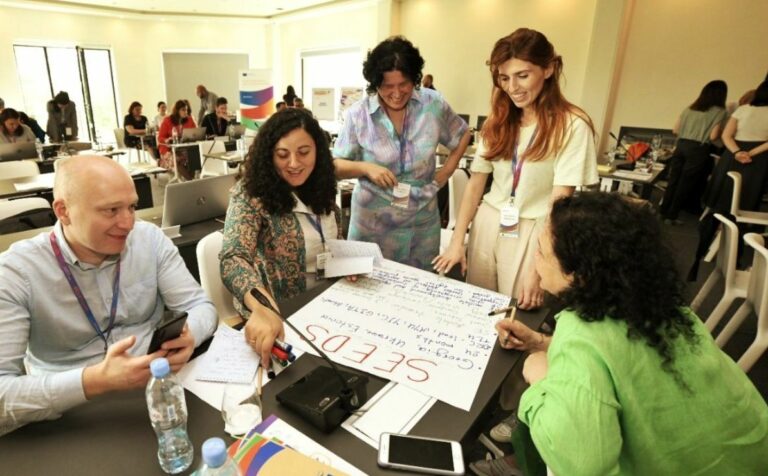
EU4Youth Newsletter: Welcome to the EU4Youth Stakeholder Hub!
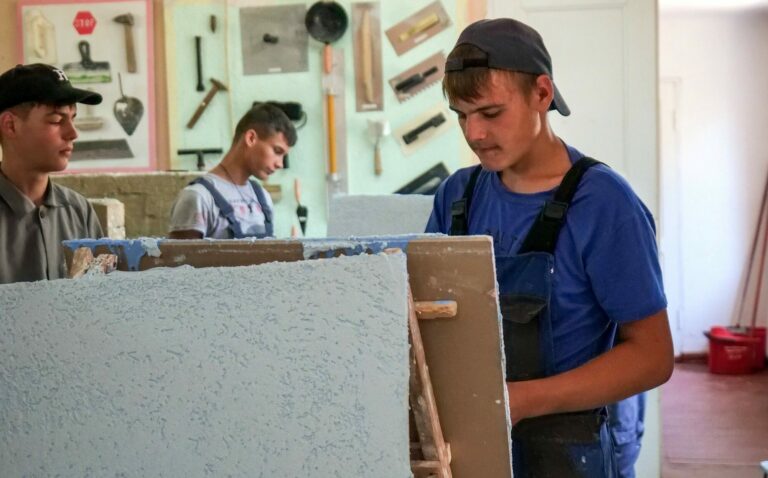
EU4Youth develops Youth Wiki reports on Youth Employment and Employability
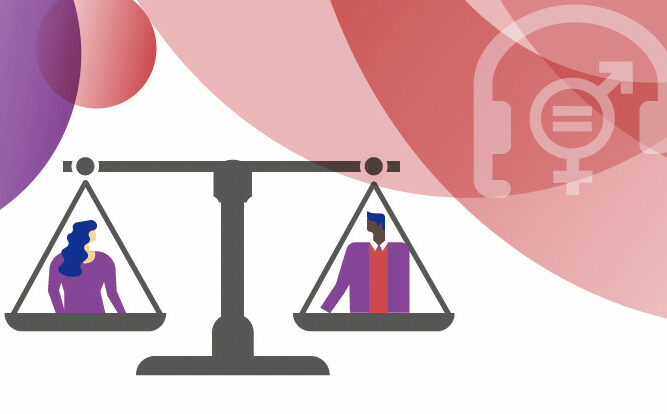
EU4Gender Equality Reform Helpdesk’s support (2021-2024) for Moldova
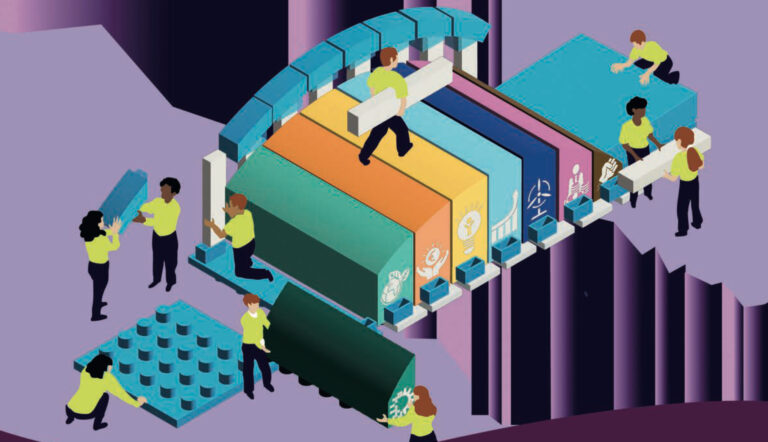
SME Policy Index: Eastern Partner Countries 2024 – Building Resilience in Challenging Times
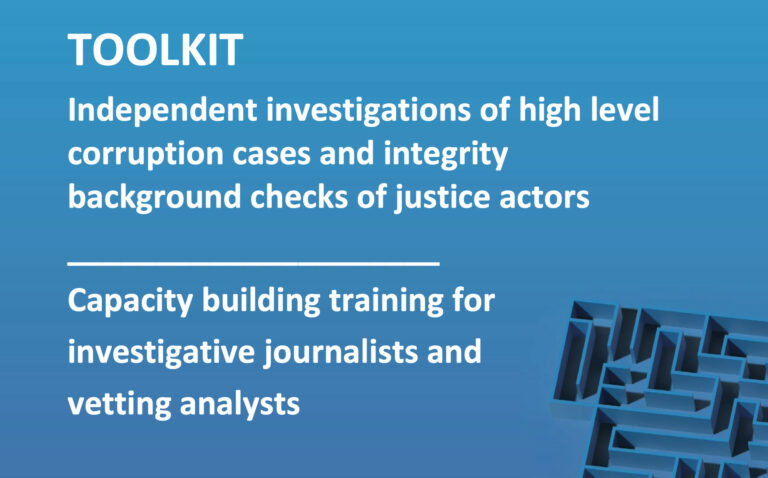
TOOLKIT. Independent investigations of high level corruption cases and integrity background checks of justice actors
More campaign pages:
Interested in the latest news and opportunities?
This website is managed by the EU-funded Regional Communication Programme for the Eastern Neighbourhood ('EU NEIGHBOURS east’), which complements and supports the communication of the Delegations of the European Union in the Eastern partner countries, and works under the guidance of the European Commission’s Directorate-General for Neighbourhood Policy and Enlargement Negotiations, and the European External Action Service. EU NEIGHBOURS east is implemented by a GOPA PACE-led consortium. It is part of the larger Neighbourhood Communication Programme (2020-2024) for the EU's Eastern and Southern Neighbourhood, which also includes 'EU NEIGHBOURS south’ project that runs the EU Neighbours portal.

The information on this site is subject to a Disclaimer and Protection of personal data. © European Union,







